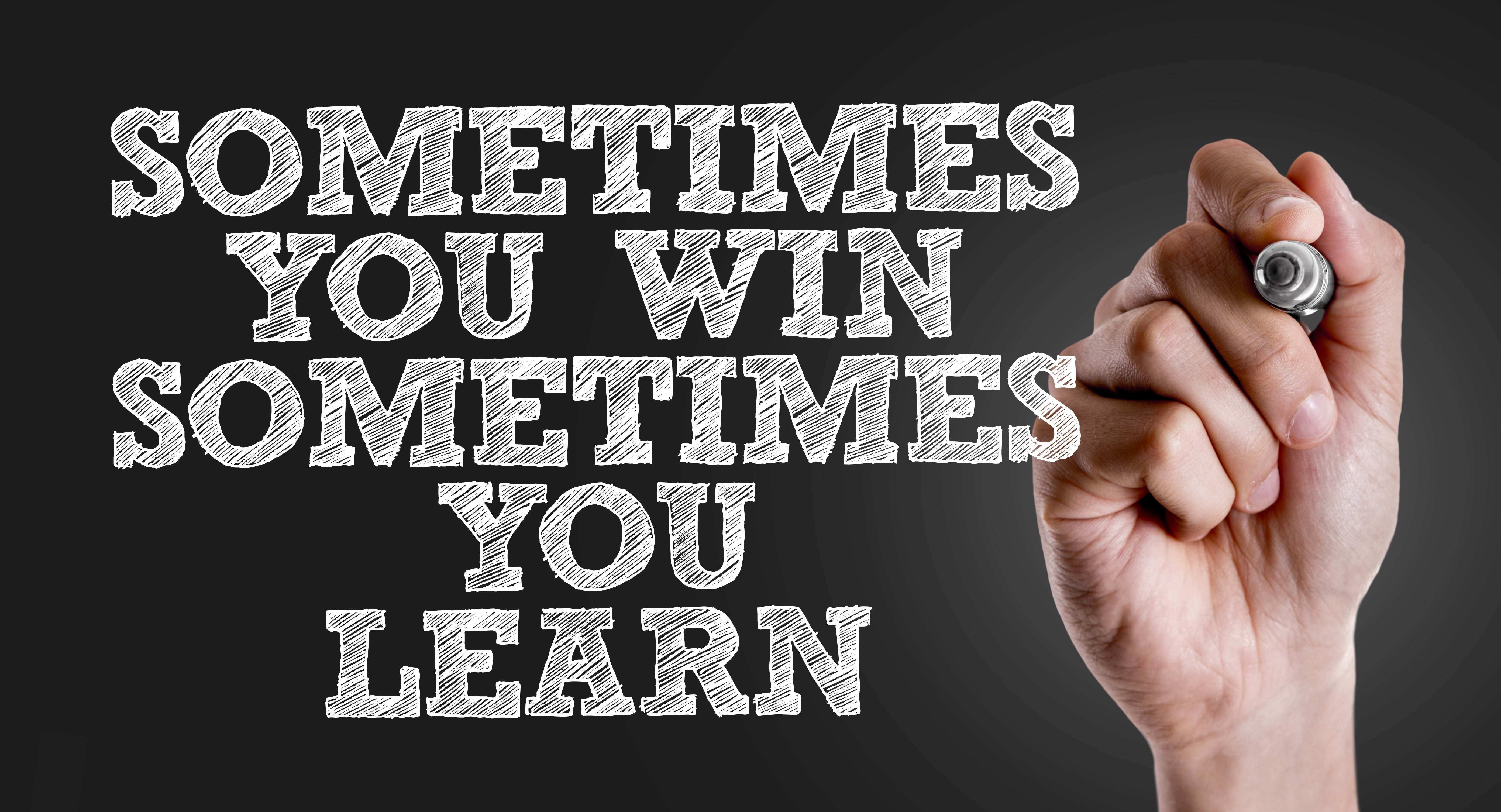OKRs are about driving growth, change and innovation
So it might sound a bit contradictory to say that they also demand failure. Well, some OKRs at least.
If you have seen my blog on the right culture for OKRs, then you will have seen me mention my concept of “smart failure.” Let’s unpack that a little more, as it’s a vital element of OKR practice and is what will help you evolve your use of OKRs and the ongoing value you gain from them.
The term “fail fast” was very much the buzz phrase a few years back. Like so many of them, it was coined in Silicon Valley and it was about making sure that when you do fail, you move on quickly. While I fully agree it’s healthy to move on from failure quickly and not dwell, there’s much to be done if you’re going to take the learning from failure, which is where the value – and improved performance – lies.
At TBG, we regard smart failure as:
- Responsible, contained failure which doesn’t put the business at risk
- Being based on a hypothesis which you can judge success/failure against
- Learning which is digested and then drives adaptation next time around
It’s important this is not just done at individual, but also organisational level. This is why we designed retrospectives into our OKR methodology which challenge you to look back, find the learning in your last quarter and work out what you then need to adapt for your next one. You can read about how I facilitated a retrospective for a major software company recently in this blog.
Smart failure is also an example of the most overlooked, but vital aspect of performance.
In McGregor & Doshi’s HBR article “There Are Two Types of Performance — but Most Organizations Only Focus on One” they argue that, while most businesses are good at focussing on “tactical” performance (targets, budgets, quotas etc) most overlook “adaptive” performance. Put simply, adaptive performance is the ability to learn and adapt based on that learning. It’s been found to be the most reliable indicator of potential for high performance than any other characteristic. It is easy to see why, given the level of ambiguity, volatility and uncertainty we face daily in our work; it’s a fact of life now and those who are skilled at dealing with it are far more likely to succeed.
So I challenge you to challenge yourself and your organisation to embrace smart failure as a vital part of high performance. It’s your route to sustainable growth.

